Covid-19 patients have many underlying diseases
According to a report from the Dak Nong Provincial Center for Disease Control (CDC), the patient is Ms. VTM (66 years old, Dak R'lap District, Dak Nong Province), admitted to Dak Nong Provincial General Hospital on the evening of May 17. The patient has a history of diabetes and hypertension and is being treated at home as an outpatient and has received 3 doses of the Covid-19 vaccine.
The patient's family has only 2 people living together. The family lives near the fields and is sparsely populated. Every day, the patient only stays at home to do housework and gardening, and has little contact with other people.
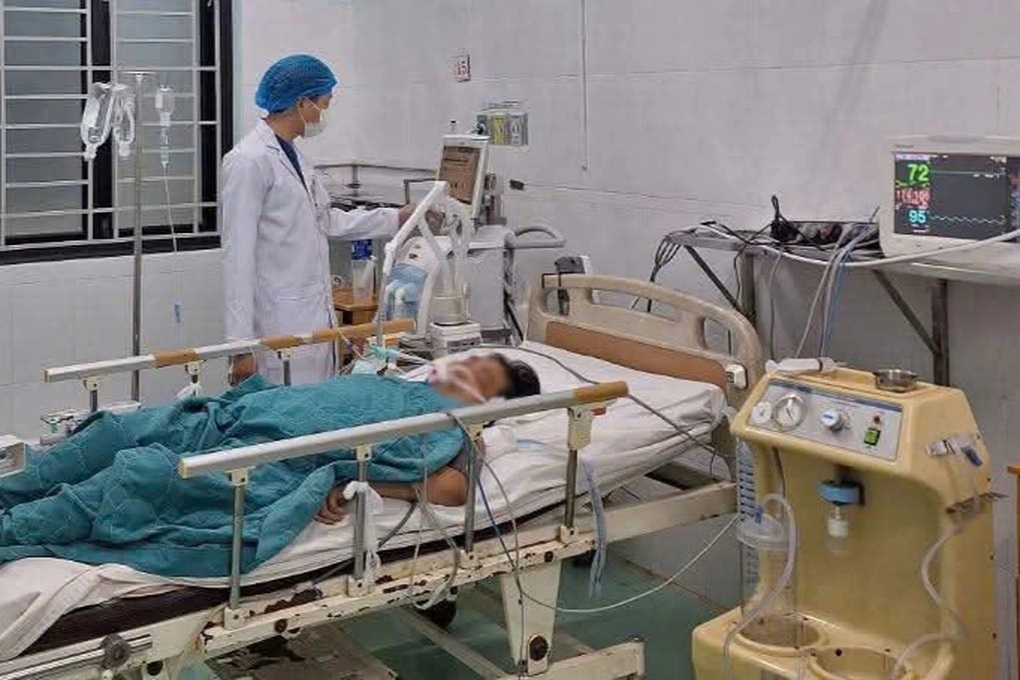
Dak Nong Provincial General Hospital is actively treating severe Covid-19 patients (Photo: Uy Nguyen).
According to the family, on the morning of May 17, the patient complained of fatigue, sweating, increased fatigue when moving, feeling cold but still doing housework and around the garden. At about 4 p.m. the same day, the patient complained of severe fatigue, mild shortness of breath, limited mobility, and weak limbs, so the family took the patient to Dak Nong Provincial General Hospital.
The patient was admitted to the hospital in a lethargic state, slow to respond, weak limbs, fever of 38.5 degrees Celsius, mild difficulty breathing..., and was treated with fever reducer and oxygen therapy of 3 liters/minute.
On May 18, the patient had a negative rapid Covid-19 test result. During the day, the patient had a fever of 38.5-39 degrees Celsius, difficulty breathing, and a chest X-ray showed lesions in the interlobar fissure and thickening of the left lung base. By evening, the patient had difficulty breathing, SpO2 82%, and was prescribed a ventilator.
On May 19, the patient was lethargic and mildly agitated, and the rapid Covid-19 test result was positive. The patient was diagnosed with septic shock, Covid-19 pneumonia, multiple organ failure, and was prescribed dialysis. The prognosis was poor, so the patient was given special care in the Emergency Resuscitation Department.
On the morning of May 20, the patient was lethargic, lying still, on a ventilator, and fed through a gastric tube.
According to the Dak Nong Provincial CDC, the hospitalized patient did not have a serious complication due to Covid-19 but could have had other diseases (diabetes, high blood pressure).
Is the Covid-19 epidemic in Vietnam worrying?
According to the leader of the Department of Disease Prevention ( Ministry of Health ), in Vietnam, the development of Covid-19 has not shown any sudden or unusual changes. The disease is still classified as a group B infectious disease like the common flu, and no new variants have appeared to increase the severity of the cases.
Sharing the same view, Associate Professor, Dr. Tran Dac Phu, former Director of the Department of Preventive Medicine (now the Department of Disease Prevention), Ministry of Health, said that people should not be too worried about the current Covid-19 cases. The disease will not disappear, so there will be times when the number of cases increases and decreases, even having a cyclical nature like the flu.
Previously, the Ministry of Health also informed about a slight increase in Covid-19 cases recently, with an average of 20 cases/week.
At the same time, the Ministry also forecasts that with the high number of exchanges and travel of Vietnamese people during the April 30 and May 1 holidays, it cannot rule out the possibility of an increase in cases in our country in the coming time. However, there may not be an increase in severe cases due to variants of the Covid-19 virus.
Similarly, in Thailand, the rapid increase in cases coincided with the time and incubation period after the traditional New Year holiday, likely due to increased mass gatherings and the rise of the sub-variant XBB.1.16, a sub-variant of Omicron.
According to the World Health Organization's assessment, there is currently no evidence of more severe symptoms caused by Covid-19 variants in this outbreak and there is no new warning for Covid-19 globally.
To promptly respond if the epidemic develops abnormally, the Department of Medical Examination and Treatment (Ministry of Health) has requested hospitals and health departments to update their plans for admitting and treating Covid-19 patients; prepare facilities and quarantine areas, etc.
According to this unit, the preparation of quarantine areas is not to isolate patients in a centralized manner like during a pandemic. Hospitals only prepare quarantine areas within the hospital (possibly 1-2 rooms depending on the number of patients) to receive and treat Covid-19 patients.
This is to control infection for seriously ill patients, especially surgical patients and people with underlying diseases.
The Ministry of Health continues to monitor the disease's developments, in order to issue timely recommendations if a new variant appears that spreads rapidly and causes serious illness.
"The circulating variant is still a mild strain of Omicron. However, people should not be too worried but should not be subjective. High-risk groups such as people with underlying diseases, immunodeficiency, pregnant women... when infected can still become seriously ill and require hospitalization," Associate Professor Phu emphasized.
Source: https://dantri.com.vn/suc-khoe/mot-ca-mac-covid-19-chuyen-nang-dich-tai-viet-nam-co-dang-lo-20250523160903350.htm






![[Photo] Nhan Dan Newspaper displays and solicits comments on the Draft Documents of the 14th National Party Congress](https://vphoto.vietnam.vn/thumb/1200x675/vietnam/resource/IMAGE/2025/10/26/1761470328996_ndo_br_bao-long-171-8916-jpg.webp)








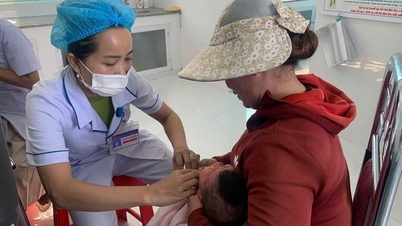








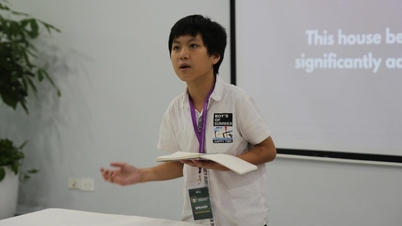



![[Photo] General Secretary To Lam received the delegation attending the international conference on Vietnam studies](https://vphoto.vietnam.vn/thumb/1200x675/vietnam/resource/IMAGE/2025/10/26/1761456527874_a1-bnd-5260-7947-jpg.webp)
![[Photo] Enjoy the Liuyang Fireworks Festival in Hunan, China](https://vphoto.vietnam.vn/thumb/1200x675/vietnam/resource/IMAGE/2025/10/26/1761463428882_ndo_br_02-1-my-1-jpg.webp)









































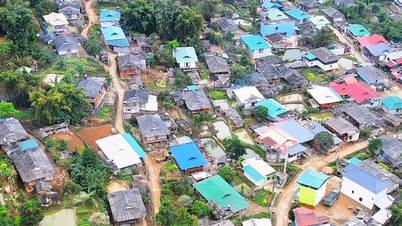






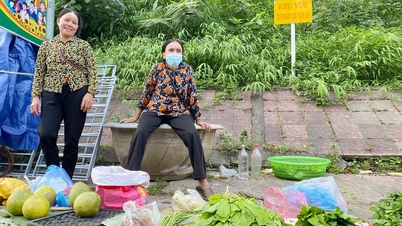






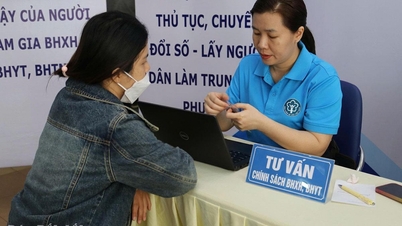

















Comment (0)